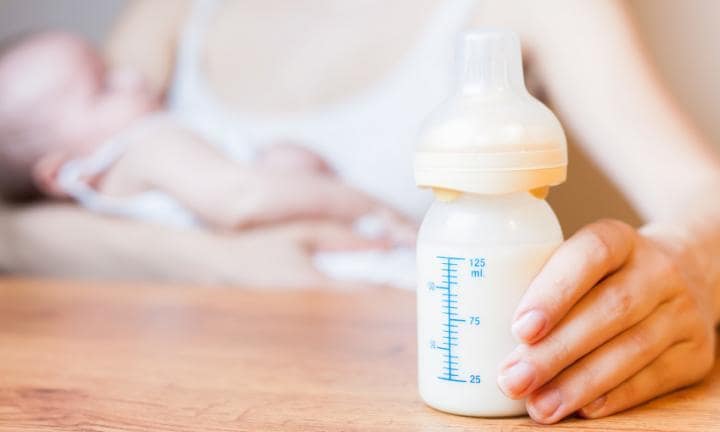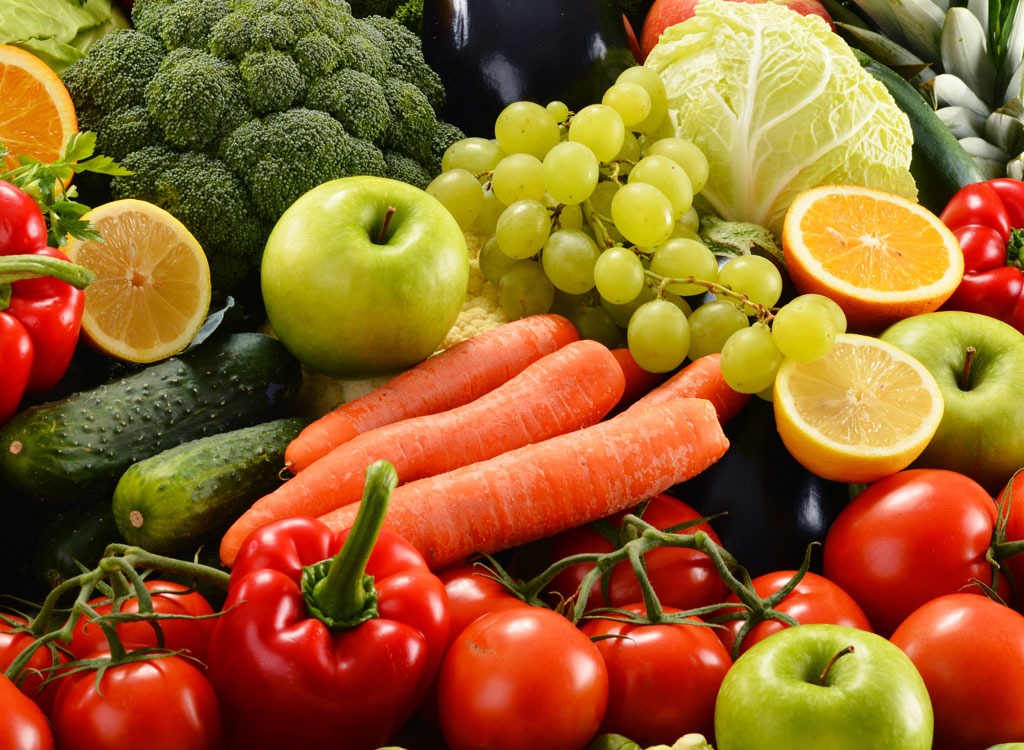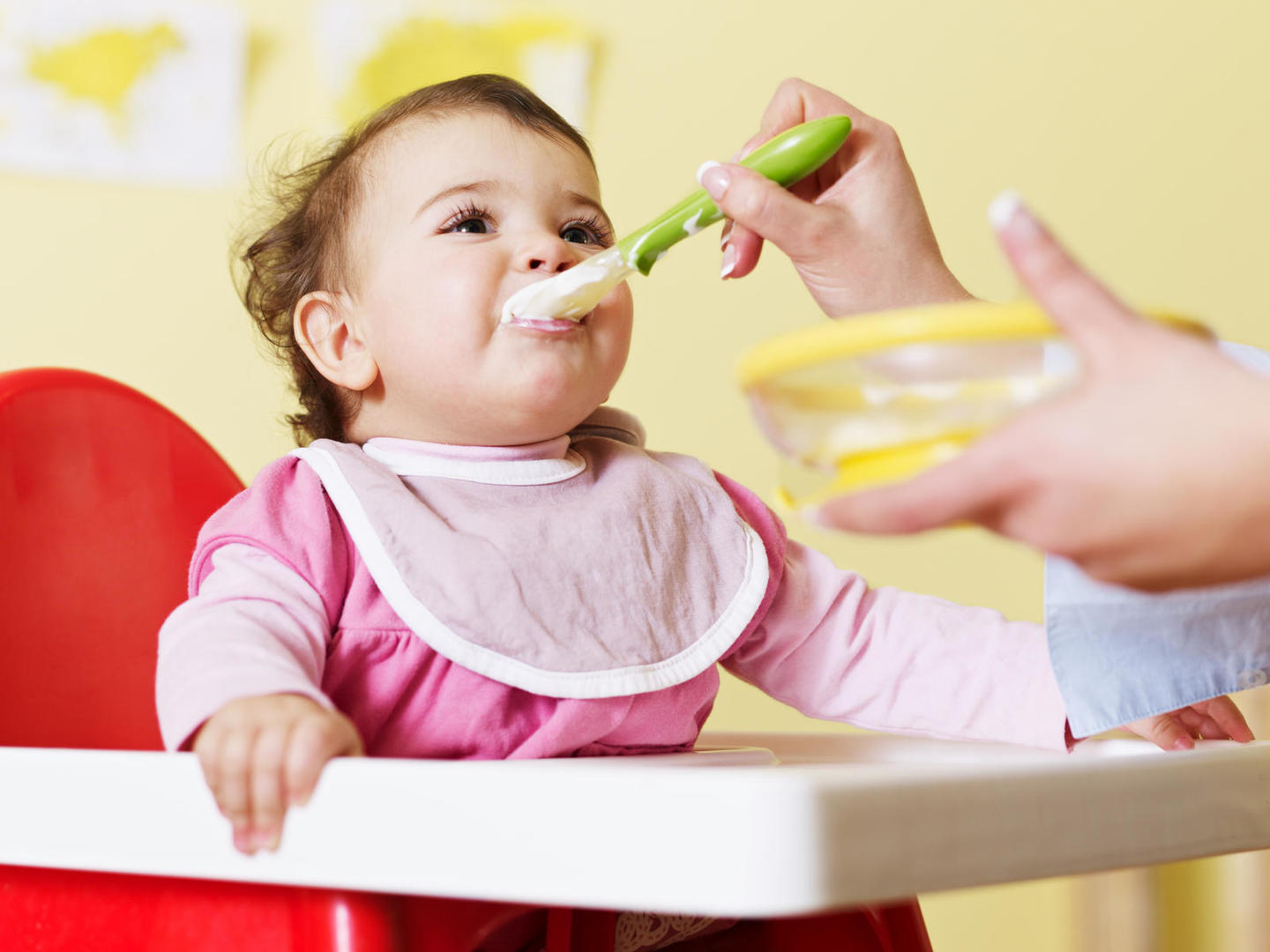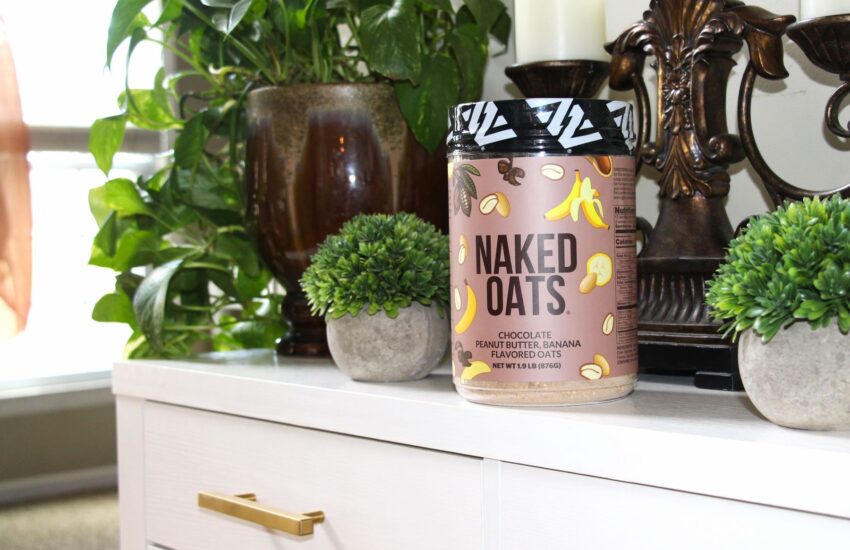A Nutrition Guide For Your Baby
How you feed your baby from the fist moments to when you start diversification has been the main subject of mom shaming for a very long time. The most important thing you should know on this matter is to trust your mom instincts and, of course, the medical recommendations, not what every so-called expert says. You will receive so much advice from random people, you won’t know what to do anymore and it is overwhelming, but at some point, you will learn that following them is optional and you can even reject some unsolicited directions. It is true, they might get upset, but that is not your problem because this whole thing is about you and your baby and not about anyone else.
It is essential to know that the best food for your infant child, before 6 months of life and after that, is breast milk, but if breastfeeding is not an option for you (for various medical reasons) you can always choose from a wide variety of formulas. Now, this a whole different story that we are going to debate below because there are so many options you might get a bit confused. There is another issue that is very controversial concerning mixing breast milk with formula. Some specialists recommend it, but some strongly disagree, which again can confuse you. But again, trust your instincts and closely follow your baby and the signs that he’s giving you and you will know what to do.
When you decide to start diversification, around the time the baby turns 6 months old, there are many options, controversial or not, that will mess up with your already tired brain. The best idea is to encourage your baby to try a wide variety of foods, but do it step by step. This way you will avoid the pickiness in food later in your child’s life, or at least some of it.

Breast milk
As you probably know, breast milk is the healthiest food option for your bundle of joy, so if you do not have any health issues that prevent you from doing that, breastfeed your baby as much as you can and as much as they need. It is the main source of vitamins and minerals that help with growing and developing the immunity system, but it is also great for bonding with your child. Breast milk has some special antibodies that cannot be replaced by any other type of formula because they cannot be created in a laboratory. It is a well-known fact that babies who are breastfed get infections or sick less than the others. It also helps with allergies as the probability to develop any is lower.
Breastfeeding is also healthier for the mom because it has been shown that it helps decrease the development of breast or ovarian cancer. It also helps you and your baby bond because feeding time is only for you two to enjoy and do nothing else. Besides, it helps you to lose the baby weight faster and to save some serious money that otherwise you would spend on formula. Studies also show that it is beneficial for the mother in terms of hormone release like prolactin and oxytocin.

Formula
Formula is the next best choice after breast milk and the only choice if you do not have the possibility to breastfeed. The reasons for not doing it really depend on you and your health and that is no reason to get mommy shamed, but you should really get informed on all the types of formula that you can find on the market. Some may work for your baby, but some don’t and frankly from all that variety, the most inspired choice would be to choose an organic infant formula, because they are based on natural ingredients that can provide your child with the proper nutrition. Science evolved a lot on this field, so the producers are following the latest discoveries and combinations to create the best version of milk for your baby. Formula can also be used as a supplement for breast milk if you feel that your baby is not getting enough nutrients from nursing.
But besides the actual formula, you will also need other supplies like bottles, nipples, sterilizers, measure cups and even the kind of water you use is important. You may be tempted to buy a considerable stash, but we do not advise you to do that because you may find out that your baby doesn’t really like what you chose and you will have to return the remaining supplies and that is time consuming.

Introducing the solid food
The solids should be introduced in your baby’s diet at around 6 months of age, but that does not mean that milk is not important anymore. At first, the amount of solid food your baby eats is not as important as getting them used to the idea of eating by chewing and swallowing because they will still get most of the nutrients from milk.
You are probably wondering how will you know when your child is ready to start with the solids and it is understandable because you might do it at the wrong time. There are some signs that you should look for and here are some of them: more salivation, chewing, head and neck support, the ability to sit with support, the ability to swallow non-liquids. Diversification is actually a new adventure for your child and you should know that, at the point of starting, it is more like a trial period when you both experience new things, discover the likes and dislikes, various tastes and textures that are completely new for your infant. The main source of nutrient food still remains milk (breast or formula) until at least 1 year of age. Since the beginning of diversification, you should continue to introduce new things constantly until about the same age and even after that.


